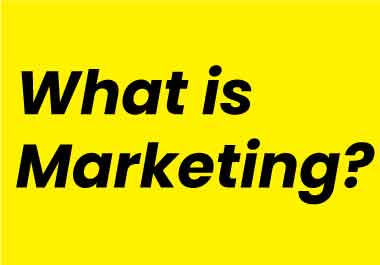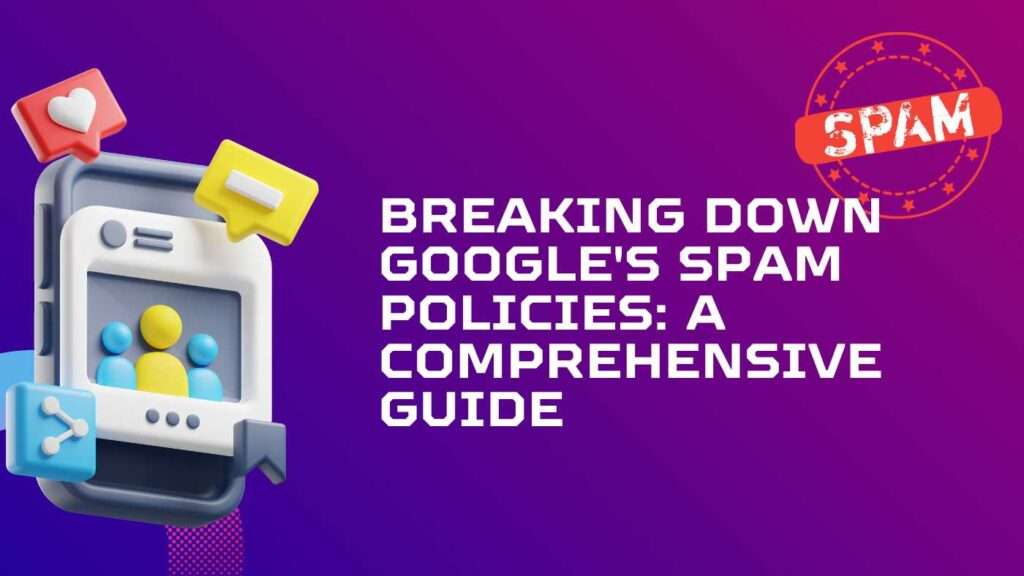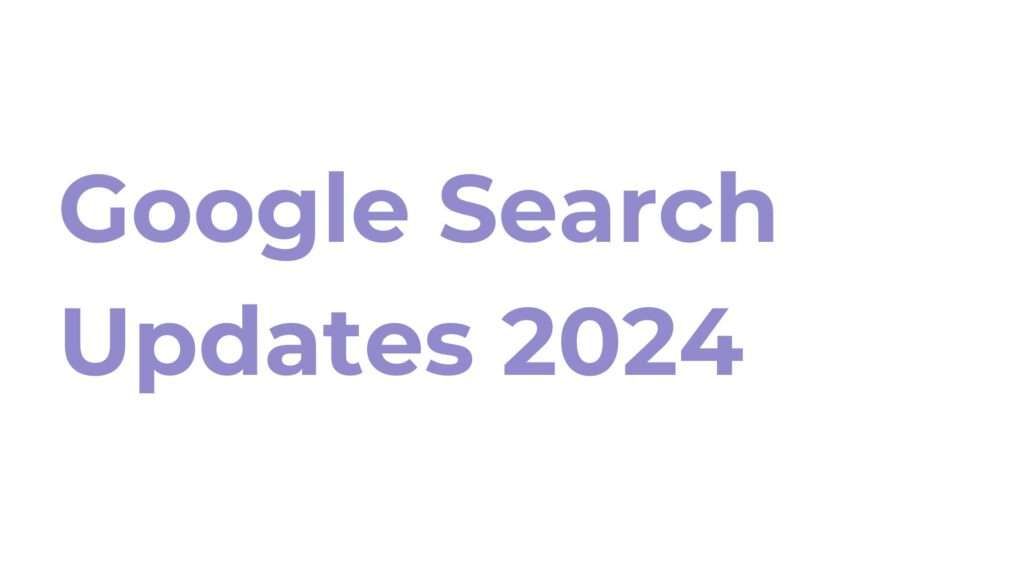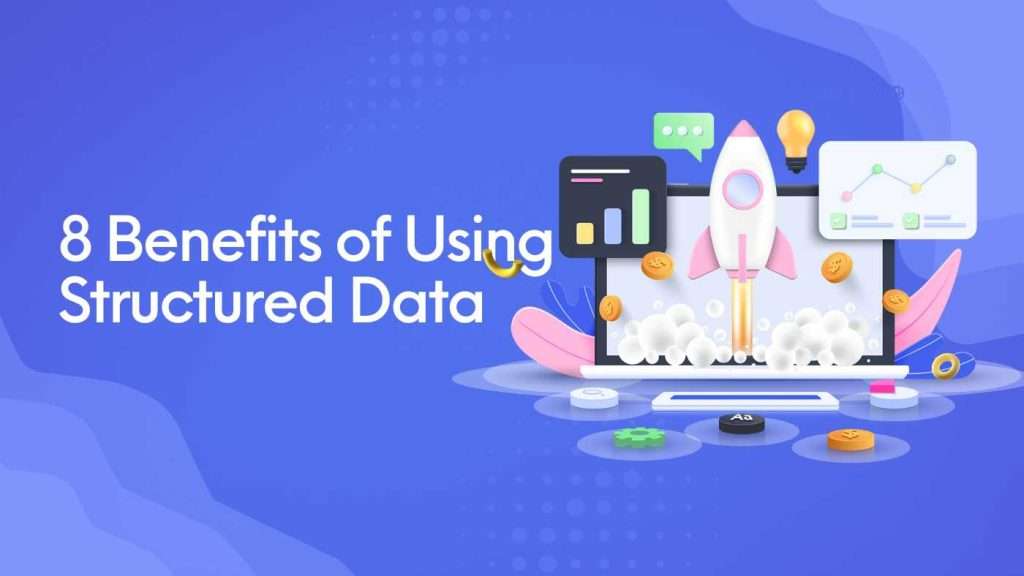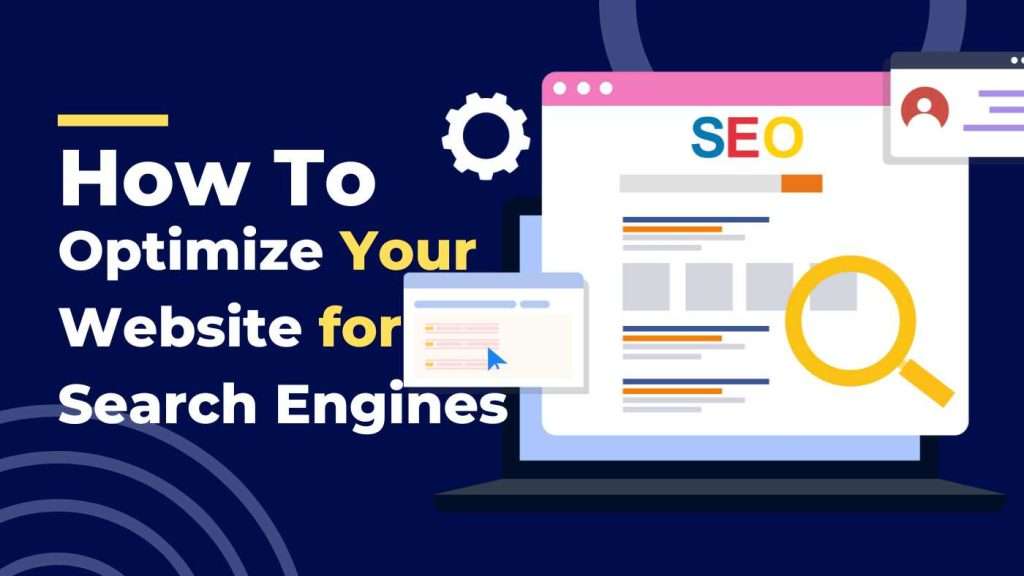What is Marketing?
Marketing refers to various strategies, tactics and activities companies undertake to promote their products or services, connect with customers, and drive sales and profits. The core focus of marketing is to understand consumer needs and desires in order to create value through offerings that satisfy those needs.
At its simplest, marketing is about getting the right products or services to the right people at the right price and the right place. But it encompasses everything from market research and new product development to pricing, distribution, partnerships, communications and customer service. Essentially, any commercial activity that impacts revenue can fall under the wide umbrella of marketing.
Marketing focuses on the intersection of the business, the product/service, and the consumer. This means understanding target audience insights, identifying unmet needs or desires, developing offerings to address those needs, effectively communicating the key benefits of those offerings, and crafting a seamless customer experience to drive loyalty and growth over time.
Get Service From SEOclerk
Types of Marketing
There are several types of marketing, which focus on different aspects of commercial promotion:
Product Marketing
Product marketing revolves around understanding consumer needs and promoting the value a company’s products or services can provide to meet those needs. This type of marketing requires extensive knowledge of the key features, use cases, differentiators and benefits of what the business sells. Product marketers work cross-functionally to enable sales teams to communicate effectively to close deals.
Brand Marketing
Brand marketing aims to build long-term relationships and connections with customers by promoting overall brand identity, promise and values. The focus isn’t selling individual products but rather what the brand stands for. Strong branding allows companies to build affinity and trust to earn customer loyalty over time.
Inbound Marketing
Inbound marketing centers on creating valuable content and experiences that pull customers in closer to the brand. This could include blog posts, videos, visual assets, guides, webinars and more. Inbound attracts and nurtures leads through the early stage of the buyer’s journey.
Outbound Marketing
In contrast, outbound marketing is more “push” focused. This type of marketing actively targets and engages customers where they currently are through emails, advertising, events and promotions. The goal is to expand awareness and interest to drive conversions. Outbound is helpful for prompting customers further in the sales process.
Social Media Marketing
Social media marketing is the use of social platforms like Facebook, Instagram, Twitter, TikTok and others to connect with current and potential customers. This builds brand awareness and affinity through valuable, engaging content within active user communities.
Search Engine Marketing
Search engine marketing (SEM) promotes websites, products and services via paid and unpaid search results. Paid SEM refers to search engine ads such as Google Ads which help companies reach users when they search relevant terms. Unpaid SEM includes search engine optimization to boost a site’s authority and organic rankings.
Experiential Marketing
Experiential marketing cultivates engagement, loyalty and advocacy through branded events, activations, immersive experiences and other physical interactions. The goal is to make lasting connections by inviting customers to interact with brands in a memorable way.
Relationship Marketing
Relationship marketing directly interacts with and provides services to existing customers with the goal of improving loyalty, overall customer experience and driving repeat business. The focus isn’t primarily making the immediate next sale but rather building affinity over time.
Video Marketing
Video marketing leverages various video assets and campaigns to promote products, connect with buyers emotionally and humanize the brand. Types of videos range from commercials to testimonials, tutorials, live streaming and more. Video content boosts conversion rates while also increasing visibility and search rankings.
Read More: 10 Essential Tips and Tricks for Mastering Regex Patterns
Marketing Analytics
Marketing analytics refers to processes and technology used to quantify, analyze and optimize marketing initiatives. By attributing revenue to programs and campaigns, businesses discover key insights that allow them to calculate ROI, lower cost of customer acquisition and refine strategies over time.
Integrated Marketing
Integrated marketing weaves together different strategies across all marketing sub-disciplines into one coherent plan. All efforts and messaging align around core positioning and goals. This consolidation and consistency increases efficiency and returns from marketing spend overall.
